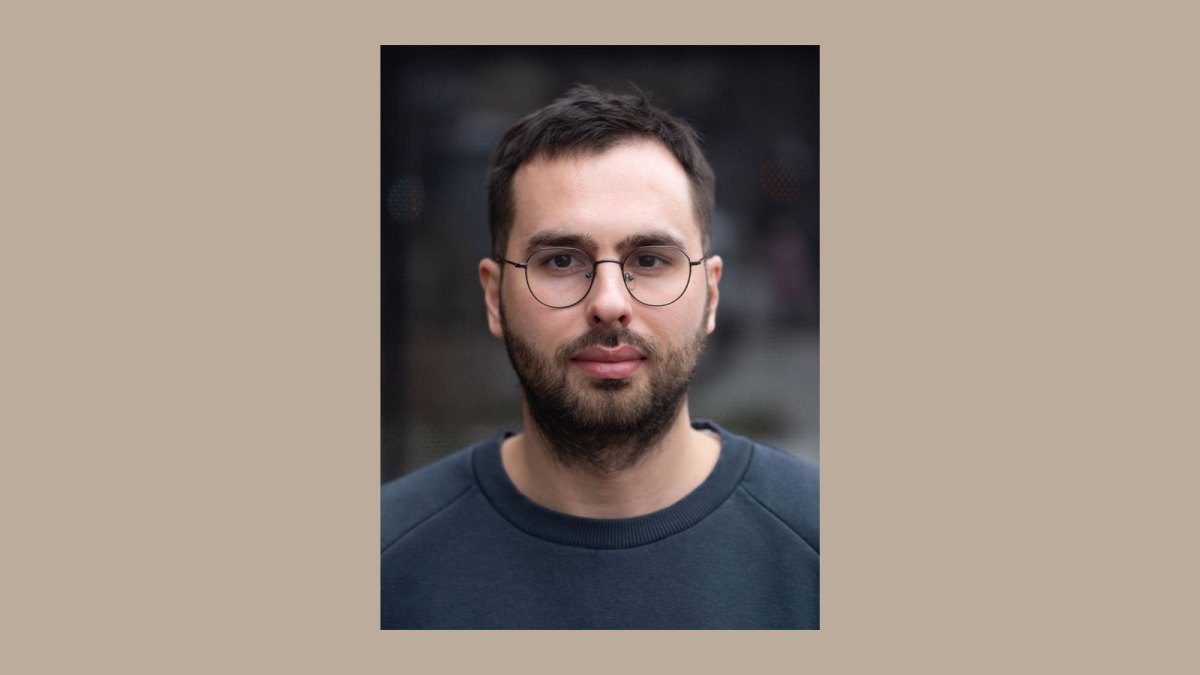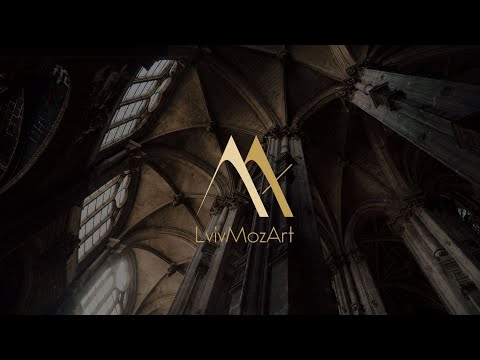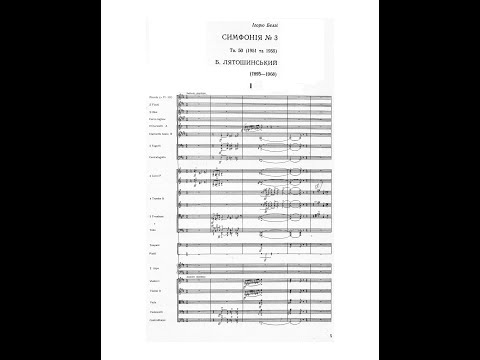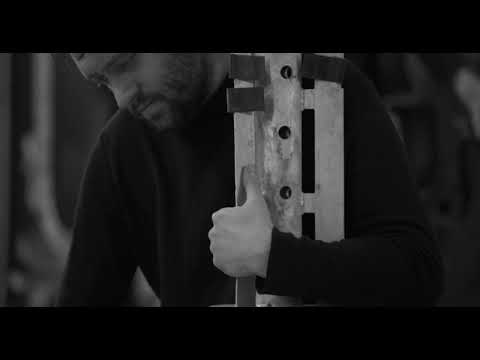Any day now, Stas Nevmerzhytskyi, the editor-in-chief of The Claquers, an independent Ukrainian online classical music magazine, will join the Armed Forces of Ukraine. A musicologist specializing in early music by training—“I graduated from the National Music Academy in Kyiv, which, unfortunately, still bears the name of Tchaikovsky,” he said—Nevmerzhytskyi founded the publication, with articles in Ukrainian and English (and occasionally German and Polish), in June 2020.
The name refers to “a group of people hired to applaud at a performance,” which is ironic given The Claquers’ reputation for ferocious criticism. But not just that: Since the full-scale Russian invasion of Ukraine, the magazine has become by necessity a venue for war reporting. (Tetiana Novytska, who published a devastating story about a Ukrainian musician’s experience in Russian captivity, will take over from Nevmerzhytskyi as editor in chief.) Recently, I spoke with Nevmerzhytskyi on Zoom about the publication’s early “arrogance,” the important distinctions between Ukrainian and Russian music, and why he decided to take up arms. Les Vynogradov interpreted during the interview.
VAN: What were your goals for The Claquers when the magazine was founded?
Stas Nevmerzhytskyi: When we created The Claquers, there was no outlet in Ukraine where young musicologists could express their thoughts. There were attempts, but they were mostly blogs, and there was no media organization with management, division of responsibilities, and funding for contributors. There were large media outlets that very rarely published texts by [music] critics, but the few critics they did publish were only the established ones.
So there was a critical mass of young musicologists, full of energy and ideas, who simply did not have the opportunity to express those ideas to the public. That’s why we came into being.
Another important goal of ours from the very beginning was to create an English-language version of the website, because people abroad knew about Ukrainian music mainly from the Russian perspective and often could not distinguish between Ukrainian and Russian music.
The latest from VAN, delivered straight to your inbox
What was the Ukrainian classical music scene like at that time?
I remember the music scene of 2020 with a lot of nostalgia compared to what it is now. On the one hand, the COVID-19 pandemic was happening; on the other hand, there was a lot of diversity. Alongside all the familiar institutions like the Philharmonic and the National Opera, there were active independent initiatives, which we always paid the most attention to. They were young people like us, but composers and performers.
We were convinced that the Ukrainian scene lacked a critical view of what was happening, and we wanted to be catalysts for change and help the scene move forward. There was a certain amount of arrogance in it, because we were basically still students, and there were famous artists in front of us.
What was it like criticizing musicians who were not used to criticism?
It was a big challenge, because people really aren’t used to hearing that, especially from someone like us: Who are you? You are too young, and we are so famous. What have you achieved? We heard that a lot. People are not used to hearing an alternative opinion, so we were breaking up the internal narcissism that is inherent in every artist. We took them out of their comfort zone. We may not be liked, and sometimes there was mud slung at us. But I know that some organizers, when they organize a concert, now think: What will The Claquers write about this?
Criticism in a purely negative sense has never been our goal. We created the magazine because we really love music. It’s important to us, and we wanted to be a part of the process and contribute to the development of this industry and make it better. So it was really out of a lot of love. We are often thought of as highly critical, but at the same time we have provided a lot of support to artists and composers, creating a lot of materials about them, including in English—meaning we spent a lot of resources to make them known both in Ukraine and in the West.
How has the role of The Claquers in the music scene changed since the full-scale Russian invasion in February 2022?
It was a difficult period for all of us. Since the beginning of the full-scale invasion, there probably hasn’t been a single day where I haven’t asked myself, Why are we doing this? But we realized that we started as people who love music and what’s happening around us, and we can support that. And now, more than ever, our voice in the West is important.
We have added two directions. On the one hand, we started to communicate more about colonization: how Russian culture colonized Ukrainian culture. On the other hand, we can’t avoid the war because many of our musician friends are at war, many have died, and some have been living under occupation.
And we have taken a clear position that the previous attitude toward Russian music should be reconsidered. It has no right to be played now, at least in Ukraine. We’re not burning it at the stake and we’re not trying to cancel it all, but there needs to be a critical reassessment.
What kind of critical reassessment do you mean? What does that process look like?
Russian culture, and music in particular, has always been a cover for Russia’s aggressive colonization and imperialist policy. But this is not talked about in the West; in the West, it is perceived as a culture that is built on the same values as European culture—on the principles of civil society and all the values that European democracy has brought. The real nature of Russian culture has not yet been understood abroad, although there are rare cases when, for example, in the United States in 2022, on the Fourth of July, [some orchestras] refused to perform Tchaikovsky’s “1812 Overture” because they felt the militarism that this music conveys. Some opera houses in Europe refused to perform Tchaikovsky’s “The Maid of Orleans,” believing that the militaristic spirit of the work was inappropriate in the current situation. But these are exceptions rather than the rule.
There is also a domestic context. Because of this “superiority” of Russian music, Ukrainian music has always been humiliated and ignored—Russian music has always been perceived as something great, and Ukrainian music as second-rate. That’s why the West knows about Shostakovich and all the stories about how he was supposedly in opposition to the Soviet government, but not about [Borys] Lyatoshynsky, a Ukrainian composer who lived at the same time and who was also a great composer. [Lyatoshynsky’s music was denounced by Soviet authorities.—Ed.] And that’s why it’s very frustrating and humiliating to see Ukrainian music in Europe being put in the context of Russian music, and Ukrainian performers being put on the same stage as Russian musicians.
Besides not lumping Ukrainian and Russian music together, what could foreign journalists improve on when covering culture in Ukraine?
The only advice I would give is not to perceive Ukrainian culture as something exotic and new that just appeared out of nowhere. Ukrainian culture has always moved alongside European culture. Yes, with its own differences that were inherent in this territory, but it has always been an integral part of Europe.
If you look at Ukrainian culture through this lens—if you start to perceive Ukraine as part of Europe—this question will go away by itself, and you will understand what to write about.
How important do you think it is for Russian artists, or artists with some connection to Russia—Currentzis is an obvious example—to take a public stance on the war?
I don’t think Currentzis has a position, he hasn’t spoken out against the war in any way.
Right, but Currentzis has often been criticized for not speaking out…
… If we live in a European society that is built on all the values that we know, then every person who is part of this society must take a position, express it, and demonstrate by their behavior what they stand for: freedom or dictatorship. Is he on the side of good? Will he condemn evil or not?
With Currentzis, it’s very simple: He remains in the Russian context, he has not condemned the war, and he is supported by VTB Bank, which is under sanctions in Europe.
But I don’t want it to seem like just because a Russian expresses mild dissatisfaction with the Russian political regime, they automatically become good, and fine to work with. That’s not how it goes. We need decisive action—not just Facebook posts or short phrases in interviews in order to get gigs in Europe. Russia has become our problem, and we are fighting against it. But the situation in Russia has not yet become a problem for the Russians themselves. Only when they start doing something to change their country, when they realize that they are citizens and start fighting against it, can we start having any kind of conversation.
Reading The Claquers, I got the impression that you and your team are music critics, but also war reporters, covering the conditions for Ukrainian prisoners of war and the massacre of civilians at Bucha through the lens of music.
We have never been to the war zones. But we communicate with our friends who are either fighting or are under occupation. We share their experiences and document what is happening in the war through their stories. One of those stories is about musicians from military bands who were taken prisoner after the fall of Azovstal. Usually, the media write about combatants, while musicians are unfortunately forgotten and not enough attention is paid to rescue them from captivity. So we recently had a story about a musician who survived terrible conditions in Russian detention.
Why did you decide to join the army now?
It’s a difficult question. As a citizen, I probably should have done it at the beginning of the full-scale invasion. I tried, but I got into a certain situation when I realized that I was not ready for the army. I came under fire; I heard shooting somewhere; I had an assault rifle in my hands. But I didn’t know what to do with it. I was very scared, as embarrassing as that sounds. And I handed the gun over to the police.
After that, I prepared physically, because I was physically weak. I improved my physical abilities and went through military training for civilians—you live at home but take theoretical and practical classes at the training ground.
Still, in some ways I felt that I needed to stabilize our music community. To defend it and—no matter how pretentious it may sound—to help Ukrainian music survive. That kept me here for some time. But a lot changed after the death of my close friend, the great, though young, musicologist Ivan Kuzminskyi. He was one of the few people who studied early Ukrainian music.
And for these two years I was thinking that I had to leave, and finally I decided to. I explain it to myself like this: It is very difficult to leave everything you have created, to completely abandon your life. But I realized that you can’t really, sincerely defend something if you don’t love it. And once you realize that you really love what you’ve done, you can defend it with a pure heart.
What are your hopes for The Claquers when you get back?
I’ve realized that nothing I’ve created matters without the people I can pass it on to. I didn’t set any specific goals for the team. I am just very interested in where they will go, what they will achieve. They are free to do whatever they want. The only thing I can predict is that it will be completely different, and that’s great. It’s a new generation, new people. They feel the world differently, maybe more acutely. For me, this is an opportunity to look at music through their eyes. This way, our territory of meanings is expanding. ¶
Subscribers keep VAN running!
VAN is proud to be an independent classical music magazine thanks to our subscribers. For just over 10 cents a day, you can enjoy unlimited access to over 875 articles in our archives—and get new ones delivered straight to your inbox each week.
Not ready to commit to a full year?
You can test-drive VAN for one month for the price of a coffee.





